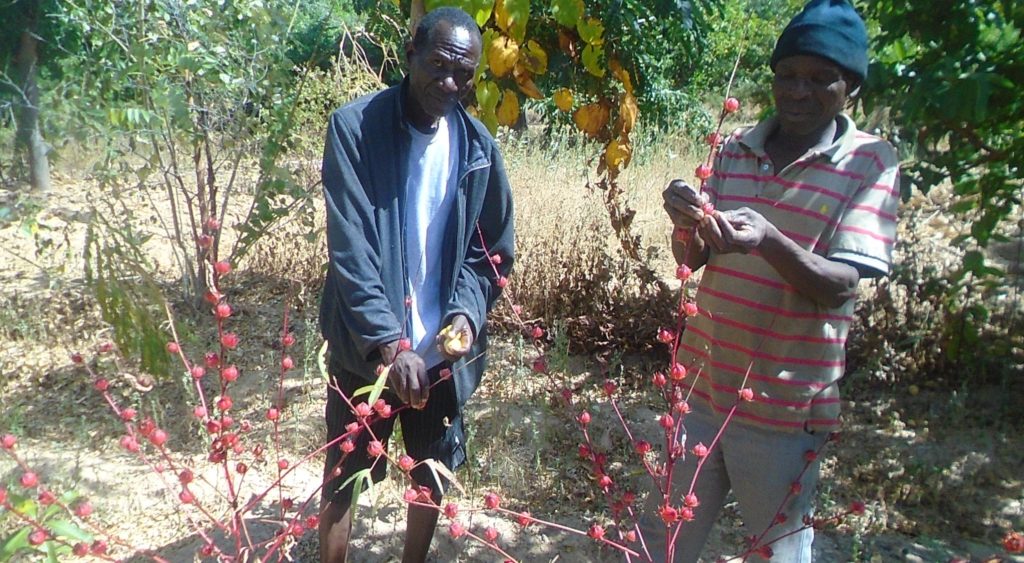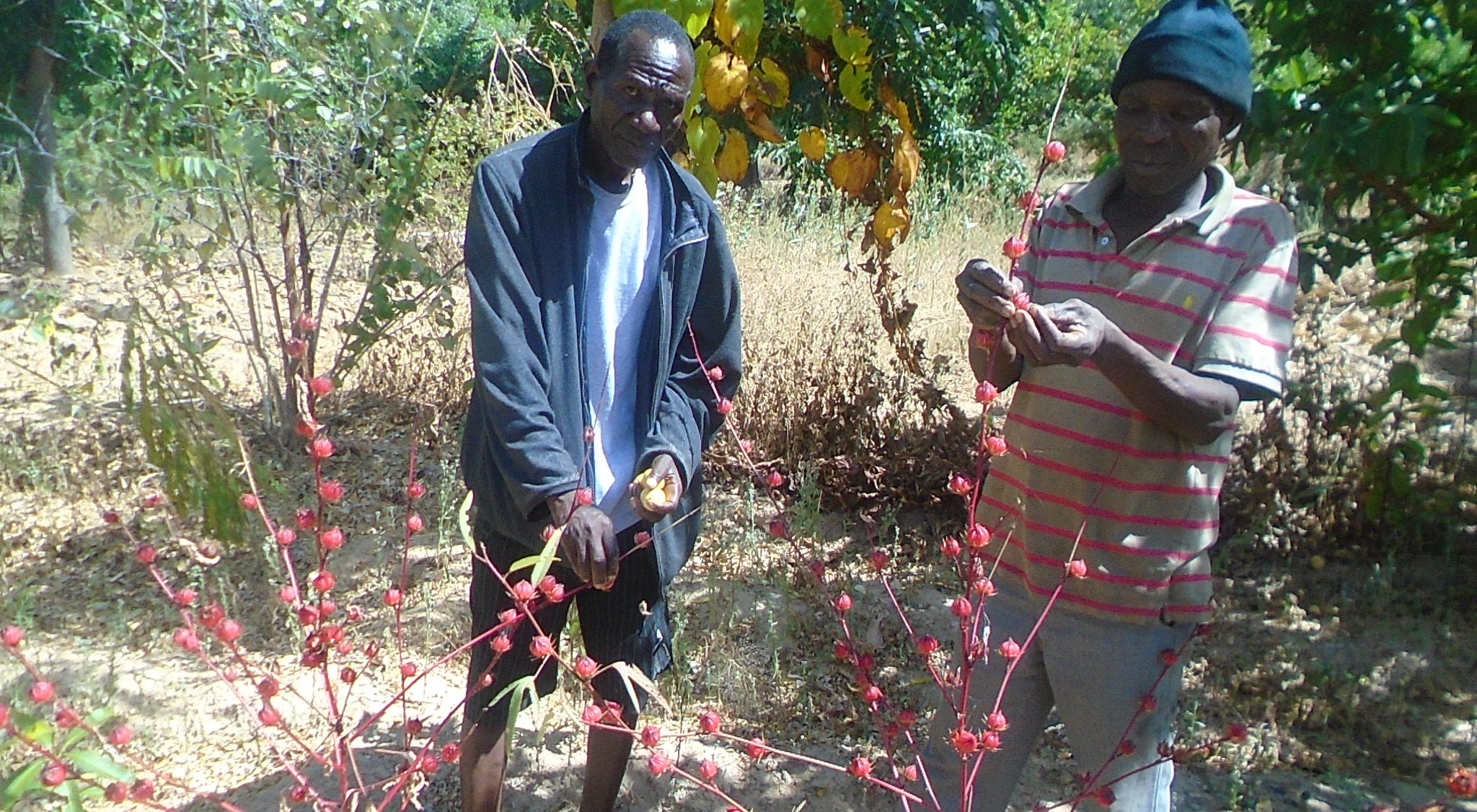When Drugs Are in Short Supply
By Wilson Tembo
Lilongwe, Malawi … Plants have been used throughout history as a source of medicine. People have depended on natural medicine from plants to heal ill health worldwide. In African 70 – 80% of the population uses traditional medicines from plants for their daily health care. Out of 6,400 plants in tropical Africa, more than 4,000 are used as medicinal plants (WHO, 2007).
The organization “Action for Natural Medicine,” (ANAMED) started its work in the Congo, where years of civil war had a great impact on health services. ANAMED wanted to support rural populations to obtain the benefits from plant medicines that were available in the forests around them. Over the years, the organization has spread to many other countries, and they train people to establish medicinal gardens by growing plants they can use to treat themselves for common ailments and reduce their dependence on imported medicines.
One may consider a scenario where a family member gets sick. She is taken to a health facility for medical attention. The health practitioner prescribes the right medication for ill health, but the hospital is out of stock. The patient is taken home. She later dies of a curable disease for lack of medicine.
This problem can only be avoided if people in rural areas, where the hospitals are far apart and have limited resources, are trained on which medicinal plants are effective and how to use them. Many common plants grown in Africa have valuable medicinal properties. For example, Paw paws, can be used to treat asthma, rheumatism and intestinal worms. Lemongrass can help to relieve fever. Sap from the Aloe vera is excellent for treating burns. These plants and many others can easily be grown in home gardens for domestic use.
As is the case in many African nations, ANAMED is training people in Malawi on how best to use some plants as medicines. With support from the Malawi Project, five people were trained on how to plant, manage and use plants as medicines. The training has been quite successful at Mdyankhanga Community Based organization in Malawi’s lakeshore district of Nkhotakota. Two of its members, Mr. Robert Chilemba and Benson Banda were trained in 2017.
Fifty More Were Trained
Upon being trained in ANAMED, Benson Banda and Robert Chilemba brought together over 50 people from around their community. They trained them on how to use natural plants as medicines. The community was further divided into smaller groups of Kaswese, Kachingwe, Kapichira, Chakwera and Chidebwe. In these groups, villagers have developed home gardens where key medicinal plants are planted and managed. These gardens have become a source of hope as the nearest health care facility is 21 kilometers away.
“These plants are helping us in times of need. When someone is sick, we usually use the plants as medicine, and we get the help we need”. Benson said. The area has 30 people living with HIV/AIDS. These are some of the key beneficiaries of this project. Robert Chilemba said the project is yielding more positive returns because people are getting the desired medical attention within the community. “In the past, we could have to travel a long distance to a hospital just to get a pain killer, but now, we just use the plants right from home,” he commented.
Benson Projects the Future
Through the leadership of the Mdyankhanga CBO, the community is seeking a refresher course on ANAMED where all the community members, including those living with HIV/AIDS, should be trained on how to perfect and enlarge their use the plants for different illnesses. “Looking forward, we wish to eventually have a week-long training course right here in our community. We want all of the members of the community to be trained on how each plant can be used and for which disease,” Benson Banda noted
For more pictures of the program for medicinal plants go to: https://www.flickr.com/photos/malawiproject/


